2020年2月,由福建省海洋与渔业局、厦门市海洋发展局和厦门大学三方共建的海洋智库正式落地厦大,命名为“福建海洋可持续发展研究院”(即福建海洋智库,下称“闽海院”)。闽海院依托厦门大学地球科学与技术学部(地学部),是基于厦大海洋、生态等一流学科,整合环境、规划、经济、法律、历史、管理等涉海自然科学与社会科学,以海洋智库为主要特色的省级多学科交叉科技平台,已成为福建海洋创新实验室(筹)先行先试的重要组成部分。
闽海院建设目标定位为:面向国家海洋现代化治理能力建设需要,以国家级智库为长期建设目标,为国家和地方海洋管理部门提供战略与决策支持;服务于国家和地方海洋生态保护和碳管理需求,提升生态保护修复、污染防控治理与生态保育关键技术,为福建建设生态文明先行示范区提供技术支持;聚焦区域海洋经济和蓝色产业发展的重大需求,助力海上丝绸之路沿线海洋科技竞争中海洋政策、经济和文化等软实力的全面提升,推动蓝色伙伴关系的构建;引领自然、人文与社会学科交叉、优势互补,推动福建省乃至国家海洋人文和社会科学的传承与开拓。
基于上述定位与目标,闽海院将开展以下四个方面的特色研究:
一是海洋生态文明建设的理论创新与应用研究:开展习近平生态文明思想、陆海统筹与海洋强国建设、人海耦合与海洋健康可持续发展等理论研究;建立海洋生态文明评估指标体系,开展海洋生态文明建设成效的量化评估;研究海洋空间规划、用途管制和开发保护机制,创新海洋综合管理转型升级模式;
二是海洋经济高质量发展与资源高效优化配置机制研究:整合港口、湿地、海洋生物等经济生态资源,重点研究基于生态经济理念的海洋经济发展示范区建设机制、路径与方法。同时,针对福建海洋产业发展和创新示范的需求,探索支撑可持续海洋经济发展的各种科学手段与技术方法;
三是海洋生态保护与修复、环境现代化治理关键技术研究:突破海洋碳管理、生态保护与修复技术难点,开展基于流域-河口-近海污染源排放总量控制技术,基于市场机制的海洋环境治理技术体系,创新海洋污染防控治理与生态保育等关键技术;
四是全球海洋治理、实践构建世界海洋命运共同体倡议的路径与方法研究:站在人类可持续发展的制高点规划和参与全球海洋治理,总结中国在建设海洋生态文明、发展蓝色经济、增进人类福祉、保障海洋安全等方面的成就和经验,为解决世界性的海洋问题提供中国方案。
In February 2020, Fujian Institute for Sustainable Oceans (hereinafter referred to as FISO) was jointly established by Fujian Provincial Bureau of Ocean and Fisheries, Xiamen Municipal Bureau of Ocean Development, and Xiamen University (XMU). The institute relies on the Faculty of Earth Science and Technology (FEST) of XMU, draws advantages from its top disciplines including oceanography and ecology, and integrates marine related natural and social sciences such as environment, planning, economics, law, history and management, will serve as a provincial level S&T platform, and is designated as a pioneering part of the Fujian Ocean Innovation Center (Fujian-OI) which is currently under planning.
FISO’s mission: provide strategic and technical supports for marine governance for governments at various levels to build up capacity on modernizing ocean governance; advance key technologies in ecological conservation and restoration, pollution prevention and control, and ecosystem conservation to underpin marine ecological conservation and carbon management at national and local levels, and also to provide technical support to the construction of Fujian pilot eco-civilization demonstration zone; forge blue partnerships with nations along the Maritime Silk Road by focusing on regional blue economic/industry development and advancing marine policy, marine economy and marine culture; promote cross-disciplinary researches by integrating natural and social sciences complementarily to pass on marine culture and explore marine social sciences in Fujian and further, in China.
Based on our missions, FISO will be conducting targeted researches in the following areas:
1. Theoretical innovation and applied research for marine eco-civilization: The institute will conduct theoretical and applied researches in eco-civilization, coordinated land and sea development, and balanced and sustainable development of human society and the ocean. It will also develop indicator systems to conduct quantitative assessment on marine ecological progress, explore mechanisms for marine spatial planning, marine space utilization governance, marine resources exploitation and protection, and innovate to upgrade and transform ICM models;
2. Research on high-quality marine economic development and optimized resource allocation mechanism: The institute focuses on the research of mechanisms, approaches and methods to establish eco-based marine economy demonstration site by integrating economic and ecological resources of ports, wetlands and marine life. It also seeks scientific and technological approaches to underpin the sustainable development and innovation of marine economy in Fujian Province;
3. Key technologies for marine ecological protection and restoration as well as for modernized environmental governance: The institute seeks to break through the technical difficulties in marine carbon management as well as ecological protection and restoration; to develop total emission control technologies for river basin-estuary-offshore pollution sources; to develop market-based technical system for marine environmental governance; as well as to innovate in key technologies in marine pollution prevention and control, and ecosystem conservation;
4. Research on approaches and methods for global ocean governance and building a community with shared future in oceans: The institute strives to provide solutions for global marine issues by involving in global ocean governance from the perspective of sustainable human development, and by sharing China’s experiences on promoting marine eco-civilization, developing blue economy, improving humanity’s well-being, and enhancing ocean health.


